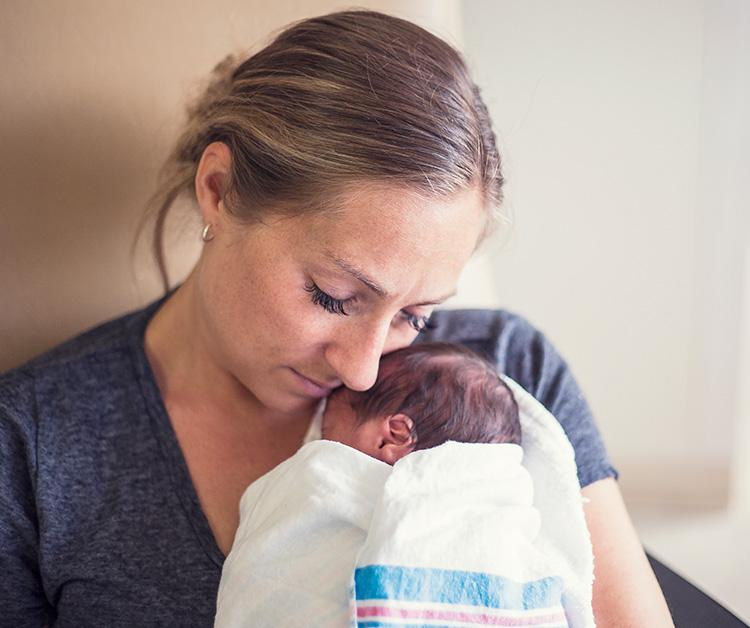Due to maintenance, rewards points for receipt uploads will be delayed. Thank you for your patience!

If you're like most parents of a premature baby, you may be experiencing a wide range of emotions. Here are some tips to help you on this journey.
You may first feel shock and ask questions such as, "Why did this happen? What could I have done to prevent it?" At some point, you may also feel anger, guilt, and depression. There may be times you want to blame everyone—your spouse, the doctors, the world, and ultimately yourself. You might also feel disappointed as a preemie parent. In a maternity ward, surrounded by new moms and their babies, you may feel that you missed the "perfect" birth experience and immediate joy of motherhood that you envisioned while you were pregnant. Try to remember, all of these feelings are completely normal. They may change on a day-to-day basis or come in waves that make you feel helpless and out of control. They are natural reactions.
SOME WORDS OF ADVICE:
"Don't blame yourself for your baby's prematurity. Feelings of guilt and failure can interfere with your relationship with your baby."
Talking with your NICU doctor and nurses can help you understand some of the reasons for your baby's premature birth. Emotional self-care is important for all parents, but especially preemie parents as they deal with circumstances that may have changed suddenly. Let's look at some things you can do to help you stay motivated and positive.
Common postpartum feelings are tension, anxiety, and sadness. These emotions are thought to be caused by sudden hormonal changes after delivery. The fact that your baby was premature in no way changes this postpartum chemistry. In fact, the premature birth of your baby makes you all the more vulnerable. Be patient with yourself and realize what you're experiencing is, in fact, very normal.
Your body has just been through the exhausting experience of giving birth. Not getting enough rest, or not eating properly, will make it harder to regain the strength you will need to care for yourself and your baby. In addition, if you are experiencing depression, physical fatigue may also compound these feelings.
Talk to your spouse, family, doctors, nurses, and friends. Keep communication open with each other and people who can give you comfort and strength. This is essential emotional self-care for preemie parents.
Take friends or relatives up on their offers to care for your other children, clean your house, drive you to the hospital, or run errands for you. Save your energy for visiting your baby.
Taking pictures of your baby will help you feel closer to your baby, as well as help you recognize your baby's progress—which is sometimes hard to do until you actually see it in a photo. Many hospitals provide photographs for families to share with their loved ones. You may want to consider creating a website for posting pictures and updating friends and family on your baby's progress. These methods of tracking your baby's recovery can help you navigate the difficult road you are on.
Sharing your thoughts and feelings with others who have been, or currently are, in your situation is often a great form of comfort and stress release. It's also a great place to learn from and be motivated by others who have been through it. Hand to Hold® is a great option if you’re interested in joining one. They help families before, during, and after a NICU stay by providing powerful resources for the whole family, and most importantly, one-on-one mentoring from someone who has been there before.
Having a premature baby can be a roller-coaster of emotions, so don’t be afraid to acknowledge how your feeling and get the support you need. Get more information about caring for your preemie to ensure you’re armed with as much information about this journey as you need.
All information on Enfamil, including but not limited to information about health, medical conditions, and nutrition, is intended for your general knowledge and is not a substitute for a healthcare professional's medical identification, advice, or management for specific medical conditions. You should seek medical care and consult your doctor or pediatrician for any specific health or nutrition issues. Never disregard professional medical advice or delay seeking medical treatment, care, or help because of information you have read on Enfamil.